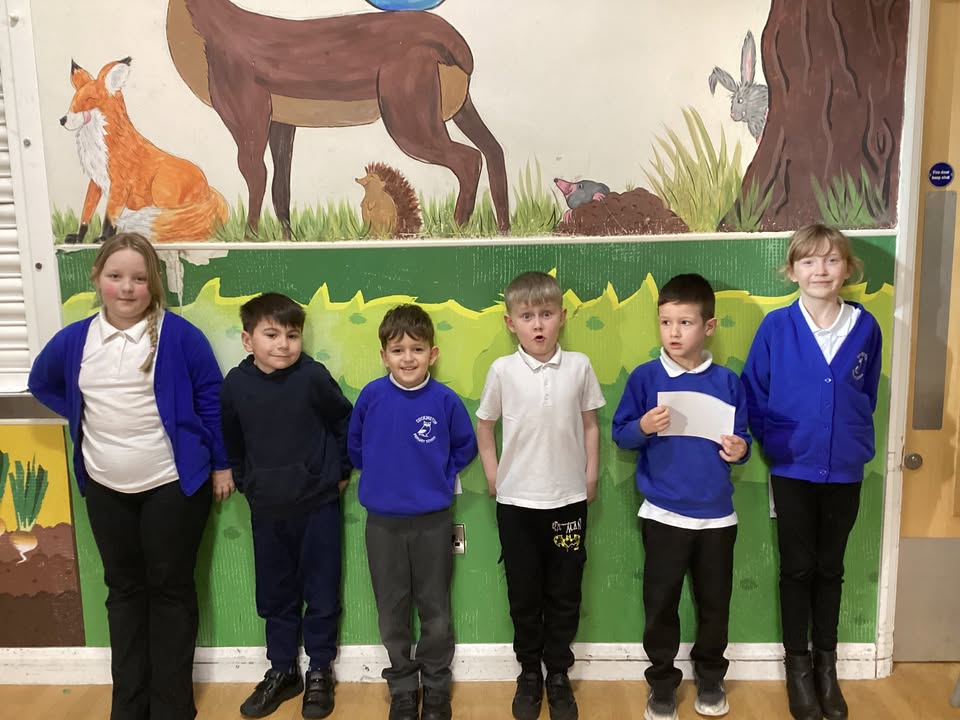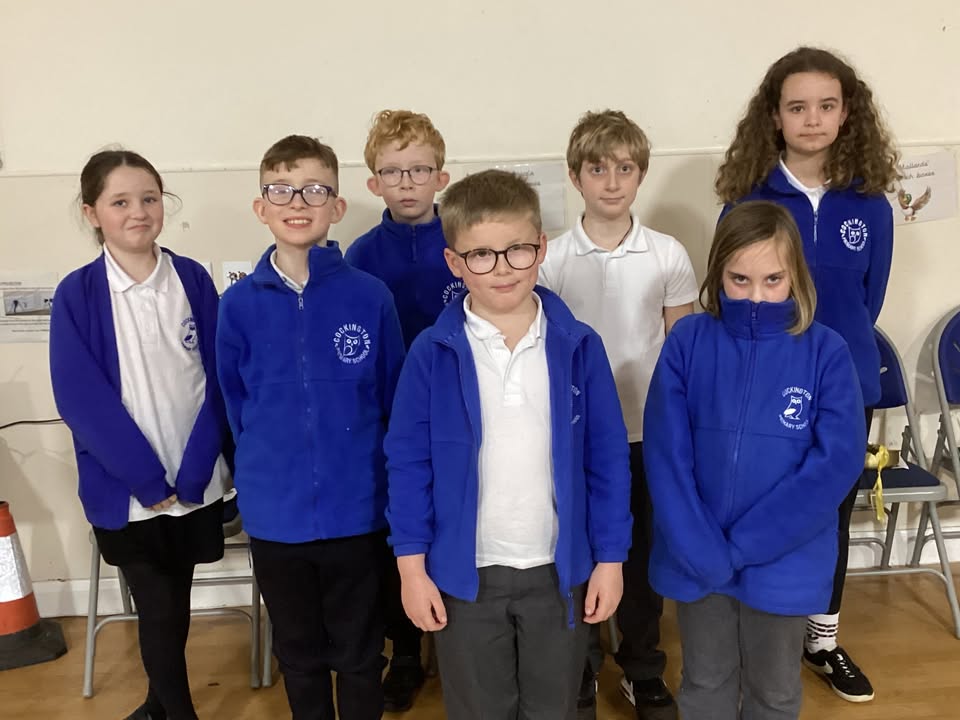About this curriculum
We are passionate about reading at Cockington Primary School. We believe that reading is a passport to the world and therefore every child deserves the chance to become a reader. We want children to love reading as much as we do; reading for pleasure is prioritised and at the heart of our curriculum. Time is organised to support all children to become confident, keen and capable readers so that they are able to access the entire curriculum.
RWInc
We start our early reading at Cockington Primary School with our phonics scheme Read Write Inc. This teaches children to segment and blend words fro reading and writing. More information about this programme can be found on the RWInc. section of our website. Please click on the link below.
Read Write Inc at Cockington Primary School
Reading for pleasure
All books within our school have been carefully selected to ensure children are exposed to a range of high-quality texts that match their age and interests; we encourage children to browse literature and build preferences.
Reading Aloud
Reading aloud to children allows us to widen knowledge of texts and authors, build stamina for listening and explore challenging vocabulary and themes. ‘Story time’ in class is a wonderful chance for the teacher to unlock children’s imaginations and demonstrate all the reading skills that we work so hard to teach throughout the week. Staff at Cockington Primary have access to a teacher library which houses a collection of 80 ‘essential reads’ from Pie Corbett’s Reading Spine. The collection of classic books is shared with children during their time at Cockington and help to create a living library inside the child’s mind.
Writing
Intent
At Cockington Primary School, we intend for all of our children, regardless of barrier or need, to leave as confident, capable and independent writers, who not only understand the purpose and importance of writing but also enjoy the writing process. We intend for children to be confident communicators, applying their oracy and writing skills in a variety of contexts across the curriculum.
Following the aims and objectives of the National Curriculum, we plan and deliver a progressive programme, which builds upon previous learning and ensures that each child’s needs are met. We want our children to draw upon a rich exposure to high-quality literature so that throughout the writing process, they can write as a reader and read as a writer.
We intend for our children to be able to communicate and express themselves effectively for a variety of purposes and audiences.
We plan opportunities for children to become skilled and creative communicators who develop their oracy skills by:
· Listening and responding appropriately to adults and their peers
· Using relevant strategies to build their vocabulary
· Articulating and justifying answers, arguments and opinions, giving well-structured descriptions, explanations and narratives for different purposes
· Using spoken language to develop understanding through speculating, hypothesising, imagining and exploring ideas
· Speaking audibly and fluently with an increasing command of Standard English
· Participating in discussions, presentations, performances, role play, improvisations and debates
· Considering and evaluating different viewpoints, attending to and building on the contributions of others
· Selecting and using appropriate registers for effective communication
Our writing curriculum cultivates a sense of independence, whilst being inclusive and enriching. Using the DES (Devon Education Services) BookWrites Teaching Sequences, children are inspired to write a variety of genres. At the beginning of each new writing journey, children are immersed in high-quality model texts, with meaningful links to the wider curriculum. A real purpose for writing is shared with the children and opportunities for showcasing their writing are provided.
Children consider their audience and the effect they want their writing to have. Grammar skills are embedded throughout each teaching sequence and build upon prior knowledge, with children given the opportunity to practise their writing, and apply this effectively.
We want our children to be reflective learners and so through shared writing lessons, within the innovation stage of our writing journey, children plan, review and edit their writing. To develop children’s authorial voice, a choice in writing outcomes is provided, as well as opportunities for ‘Free Writing’ time to allow children to be creative and enjoy writing.
We want all our children to be able to spell their increasingly complex vocabulary by effectively applying spelling patterns and rules. Discreet spelling lessons are delivered alongside the writing sequences and children can apply their learning during the invent stage of our writing journey.
We believe that all children should be encouraged to take pride in the presentation of their writing, in all areas of the curriculum, by developing a legible, cursive, handwriting style in preparation for their move to secondary school.
Ultimately, we aim for all children to reach their full potential in writing.
Working Together
We work closely with families to develop children's love of reading and to ensure children make great progress in this key area of learning.
Here are a list of useful websites for promoting reading at home:
WORDS FOR LIFE
This site has lots of tips to get children reading; fun stuff to do; book recommendations; ideas for all ages up to end of KS2
Words for Life | National Literacy Trust | Words for Life
BOOKTRUST
This is an extensive site giving tips on how to share books; book lists & recommendations; catering for all ages including adults. Highly recommended.
BookTrust: Getting children reading | BookTrust
OXFORD OWL
Free eBooks; advice and tips for supporting children in KS1 & KS2; lots of games & activities that support reading skills; links to Oxford reading schemes. Definitely worth a look.
THE GUARDIAN
An excellent site dealing with all things ‘bookish’ – author interviews; reader reviews; what’s hot and what’s not... Probably most suited for kiddies who already have the reading habit, but a useful site for parents to keep up to date with children’s books.
Children's books | Childrens-books-site | The Guardian
LOVE READING 4 KIDS
This site regularly updates its reading lists for specific age groups. It gives synopses, reviews & recommendations. Useful for keeping abreast of what’s popular in children’s fiction.
Buy a Book. Support a School. Make a Difference | LoveReading4Kids UK
FIRST SCHOOL YEARS
Provides a checklist of tips for hearing your child read.
Tips on hearing your child read (firstschoolyears.com)
NETMUMS
Top ten tips on hearing your child read and a few related links.
Top ten tips to help your child read - Netmums
The Joy of Great Story!
Nothing beats sharing a beautiful book with your child and doing this on a regular basis, as part of your home routines, will bring enormous benefits to your child in terms of their reading skills and vocabulary development. Watch this video clip to see a master story teller at work! Michael Rosen shows us how we can use different voices, actions and expressions to really bring a book to life.
Michael Rosen performs We're Going on a Bear Hunt (youtube.com)


























